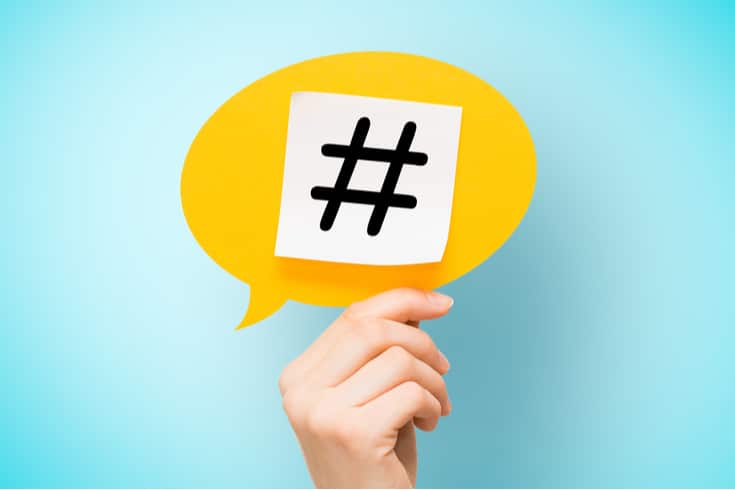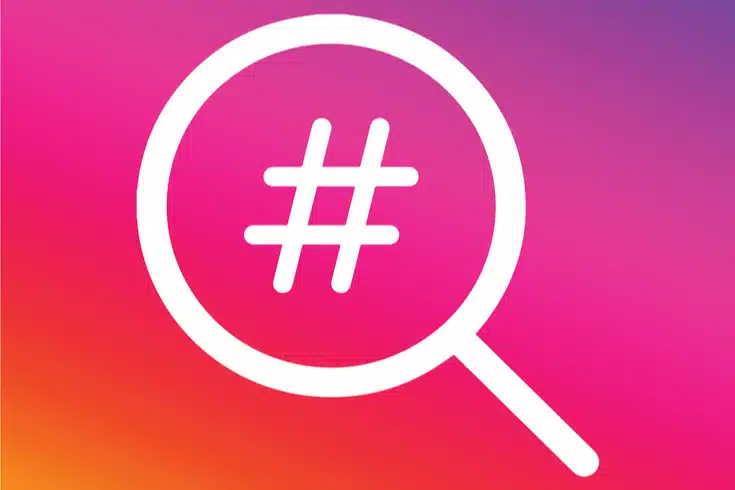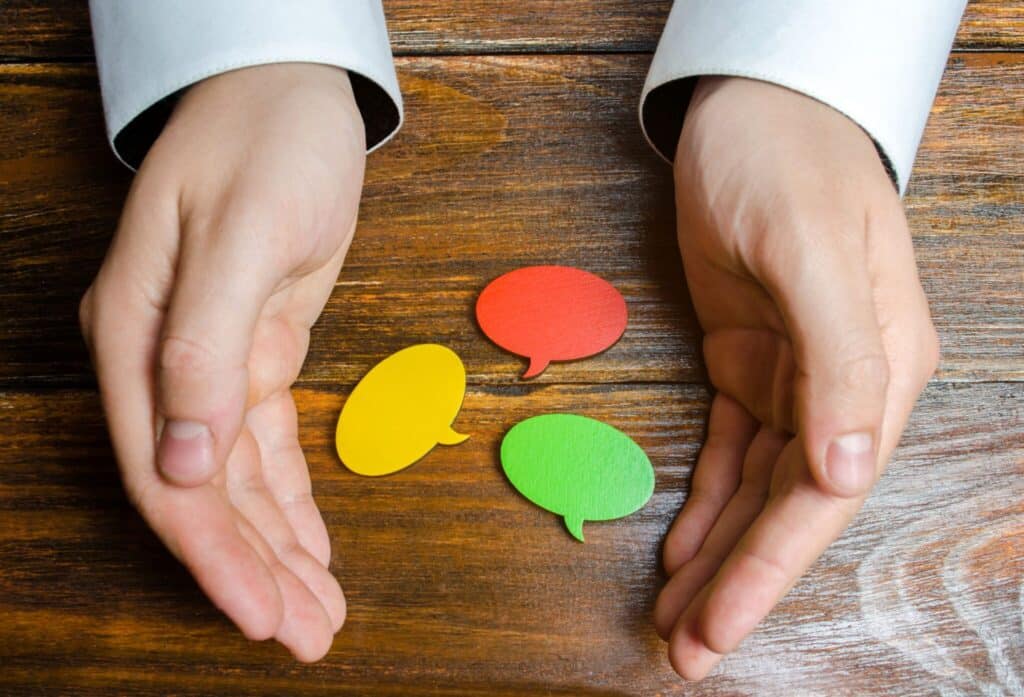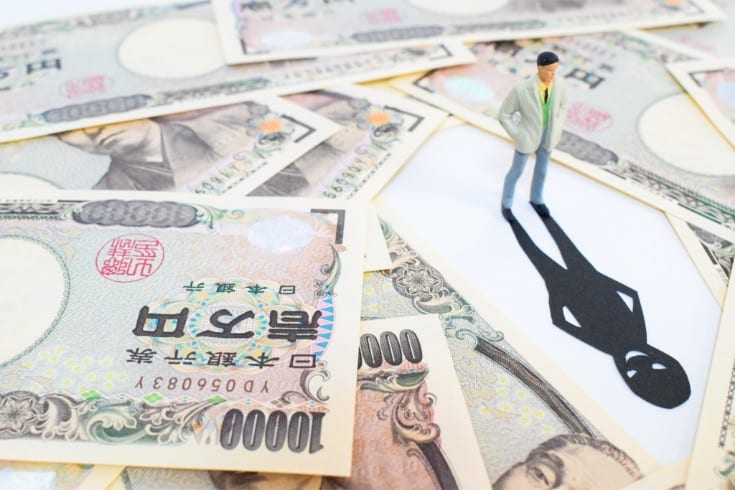Can Hashtags Lead to Defamation? An Explanation Based on Precedents

“Hashtags” are commonly used on social media platforms such as Instagram and Twitter. They are used as “tags” for posts that include common phrases or words, enabling the functionality of searching for data. By adding a specific keyword after a hashtag, the post is tagged, allowing for instant searches of posts with the same keyword, and enabling users with common interests to share topics.
Hashtags are not only useful for obtaining various information from everyday topics to the latest trends, but also effective when you want to disseminate the information you have obtained to many users. On the other hand, there are people who misuse hashtags to spread slander and insults.
It is clear that the content of a tweet itself can be the subject of defamation, but can a hashtag also be defamatory? We will explain how hashtags are treated in court.
Case of Request for Disclosure of Sender Information
The plaintiffs in this case are a company engaged in the planning, development, manufacturing, sales, and import/export of apparel products, and its CEO, who disseminate information about fashion on platforms such as YouTube. The plaintiffs requested the disclosure of information about the person who posted comments about them online.
The comments were made against the plaintiff company X1 and its CEO X2 on twelve separate occasions. The court stated, “The unidentified person defamed the plaintiff or the CEO of the plaintiff, X2, with the following expressions.”
The court repeated the same statement regarding the defamation against the plaintiff company X1 and its CEO X2.

The actual content of the posts is as follows:
- Post 1: The sender insulted the revision of the return policy for sale items as a “shitty revision” and attached hashtags such as “#fraud”.
- Post 2: Regarding X2, the sender insulted him by saying, “A criminal without humanity or a shred of morality spouted these words,” and attached hashtags such as “#criminal”, “#illegal acts every day”, and “#X1”.
- Post 4: The sender called X2 “Trash X2” and insulted him by saying, “Please have a urine and hair test (to the police). His brain is melting,” and attached the above-mentioned hashtags.
- Post 5: The sender called X2 “Trash X2, CEO of X1 Corporation” and insulted him by saying, “Your shitty brand (partially omitted) is abnormal,” “Crazy level of abnormality,” and attached the above-mentioned hashtags.
- Post 6: Regarding the plaintiff’s business, the sender strongly criticized and insulted it by saying, “How to deceive the main young audience,” “No different from a fraudulent information dealer or a wire fraud group. Don’t you feel guilty? Seriously.” and attached the above-mentioned hashtags.
- Post 8: The sender called X2 “Trash X2” and insulted him by saying that he was involved in illegal activities, criminal activities, and antisocial activities, and attached the above-mentioned hashtags.
- Posts 9-12: The unidentified sender published copies of posts he sent to sites operated by major companies B and C, which have dealings with the plaintiff company. The posts included slander that X2 was involved in various illegal and antisocial activities, and criticism that the plaintiff’s request for advertising had damaged the corporate brand value of company B.
The court organized the posts as above and pointed out that “hashtags were attached.” It was clear that such factual statements or expressions of opinion would lower the social evaluation of the plaintiff.
Based on the normal attention and reading of general readers, the posts in this case severely criticized the plaintiff’s business as fraudulent and abnormal without any objective basis, and repeatedly defamed X2, the CEO of the plaintiff, by associating him with the plaintiff’s business as a criminal, involved in illegal activities, criminal activities, and antisocial activities. Furthermore, the sender published posts criticizing the relationship between the plaintiff and major companies such as B with which the plaintiff has dealings.
Tokyo District Court, June 11, 2020 (2020) Judgment
The court ruled that the posts in this case infringe on the plaintiff’s personal rights and business rights, and the clear infringement of rights was recognized. In order for the plaintiff to make a claim for damages based on tort against the unidentified person who made the posts in this case, it is necessary to identify the person by receiving the disclosure of the sender information that the plaintiff seeks in this case. Therefore, the court ordered the site administrator to disclose the sender information they hold.
Not only defaming but also trying to increase the number of viewers by attaching hashtags such as “#fraud”, “#criminal”, and “#illegal acts every day” is malicious and should be condemned. However, it has only been in the last one or two years that courts have started to point out whether hashtags are attached in trials.
https://monolith.law/reputation/netslander-against-companies[ja]

Case of Damage Claims Based on Defamation
A doctor who opened a clinic in Katsushika Ward, Tokyo, filed a claim for damages based on defamation due to two tweets made on Twitter.
The first tweet in question suggested that the plaintiff and his son, A, had committed an assault, had broken into an elderly woman’s house late at night, had been taken to the police for property damage, and that the plaintiff had incited A’s violence. This gave the impression to the readers that the plaintiff had committed a criminal act.
The second tweet in question suggested that a few days after the plaintiff and A had violently broken into the same elderly woman’s house, they were calmly drinking alcohol and having a barbecue. Based on the ordinary attention and interpretation of the general reader, this gave the impression that the plaintiff was a person without morals or common sense.
The plaintiff argued as follows: The defendant revealed the plaintiff’s real name, the name of the plaintiff’s eldest son, the plaintiff’s residence, the name of the clinic the plaintiff was opening, the name of the university where the plaintiff was a faculty member, etc. This not only violated the plaintiff’s personal rights, but also maliciously damaged the plaintiff’s credibility as a doctor. The defendant was criticized for intending to increase the number of views of the first tweet by using many hashtags.
The court ruled that each of the tweets in question lowered the plaintiff’s social evaluation, and the defendant was obliged to compensate the plaintiff for the damages caused by each of the tweets based on tort.
Considering the social status of the plaintiff, who is a practicing doctor, and the content of each tweet, the impact on the plaintiff’s business and private life caused by the content of each tweet being known to third parties is significant. Moreover, considering that the first tweet was easily viewable to those related to the plaintiff due to the use of hashtags, it can be said that the degree of mental distress caused to the plaintiff by each tweet cannot be overlooked.
Tokyo District Court, May 31, 2021 (2021)
The court pointed out that the tweet was “easily viewable to those related to the plaintiff due to the use of hashtags”. However, taking into account the circumstances such as the fact that each tweet was deleted 3 to 9 days after posting, the court ordered the defendant to pay a total of 920,000 yen, including 300,000 yen for consolation money, 540,000 yen for disclosure request procedure costs, and 80,000 yen for attorney fees.
Summary
In another article on our site titled “Cases where the compensation for defamation increases due to the maliciousness of the offending act,” we explained that “persistent defamation” and “repeated harassment” have been used as indicators of maliciousness in past court cases in Japan.
Going forward, it can be said that the act of increasing viewers by attaching hashtags could also potentially become one of the indicators of maliciousness.
https://monolith.law/reputation/solatium-libel-maliciousness[ja]
Introduction to Our Firm’s Measures
Monolith Law Office is a legal office with high expertise in both IT, particularly the Internet, and law. In recent years, information related to reputational damage and defamation spread on the Internet has been causing serious harm as a “digital tattoo”. Our firm provides solutions for dealing with these “digital tattoos”. Details are provided in the article below.
Category: Internet





















